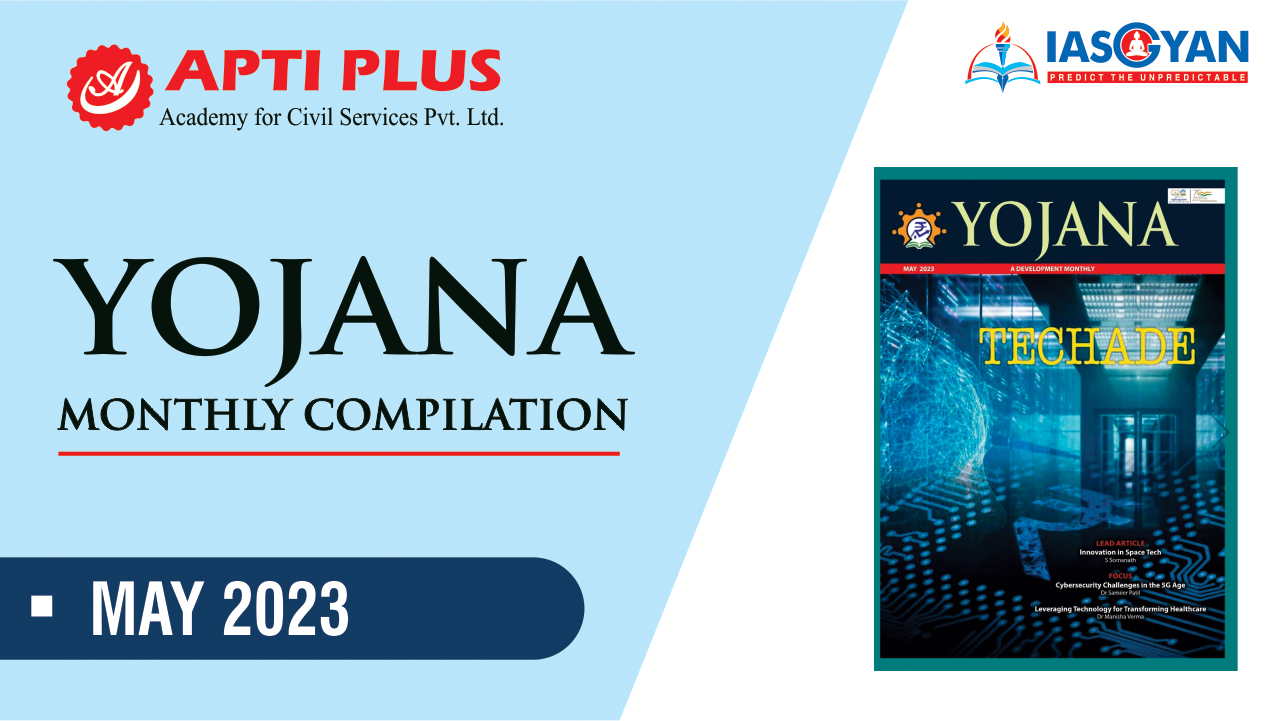Description
.jpg)
Disclaimer: Copyright infringement not intended,
Context
- Go First Airlines approached the National Company Law Tribunal (NCLT) and sought the admission of its insolvency plea.
INSOLVENCY AND BANKRUPTCY CODE (IBC) 2016: https://www.iasgyan.in/daily-current-affairs/insolvency-and-bankruptcy-code-ibc-2016
|
About
|
- It is a quasi-judicial body in India that adjudicates issues relating to Indian companies.
- NCLT has been given the same powers and procedures as a court of law.
|
|
Establishment
|
- The tribunal was established under the Companies Act 2013.
|
|
Committee Recommendation
|
- It is based on the recommendation of the Balakrishna Eradi committee on law relating to the insolvency and the winding up of companies.
|
|
Composition
|
- The NCLT bench is chaired by a Judicial member who is supposed to be a retired or a serving High Court Judge and a Technical member who must be from the Indian Corporate Law Service, ICLS Cadre.
- Note: The Central Government appoints the Chairman of NCLT in accordance to the powers conferred by Section 408 of the Companies Act, 2013.
|
|
Role and responsibilities
|
- All the proceedings of a company related to arbitration, arrangements, compromise, reconstruction, and winding up will be only be disposed of by the Tribunal.
- The tribunal is also vested with power to dispose of case related to insolvency under the Insolvency and Bankruptcy Code of 2016.
- (Note: For the above matters civil courts will have no jurisdiction.)
- All the cases that were pending before the Board for Industrial and Financial Reconstruction (BIFR) and Sick Industrial Companies (Special Provisions) Act of 1985, will only be disposed of by the tribunal.
- The tribunal will also take up cases related to the oppression and mismanagement of the company.
|
|
Appeals
|
- Decisions of the tribunal may be appealed to the National Company Law Appellate Tribunal.
- This authority was also formed under the Companies Act, 2013, for hearing appeals against NCLT judgements. It is also an authority for hearing appeals against the orders passed by the Insolvency and Bankruptcy Board of India (IBBI). If not satisfied with the decision of the NCLAT, one can file an appeal in front of the Supreme Court of India.
|
|
Advantages of the National Company Law Tribunal
|
- It provides a speedy trial. As NCLT is a specialized court only for companies registered in India.
- It has helped to reduce the burden of all the high courts.
- It has helped to reduce the time taken to wind up a company
- As the tribunal is a quasi-judicial body, it consists of both judicial and technical members while deciding a matter.
- Tribunal has the authority to appoint Amicus Curiae for an opinion on various specialized legal issues.
- NCLT and NCLAT have exclusive jurisdictions.
|
|
PRACTICE QUESTION
Q. Consider the following statements with reference to National Company Law Tribunal (NCLT).
a) It is based on the recommendation of the Balakrishna Eradi committee on law relating to the insolvency and the winding up of companies.
b) The NCLT bench is chaired by a Judicial member who is supposed to be a retired or a serving Supreme Court Judge.
c) All the cases that were pending before the Board for Industrial and Financial Reconstruction (BIFR) and Sick Industrial Companies (Special Provisions) Act of 1985, are only be disposed of by the tribunal.
Which of the statements given above are correct?
1. a and b only
2. a and c only
3. a, b, and c only
4. All of the above.
Correct Answer: Option 2
|

https://www.thehindu.com/news/national/go-first-moves-nclt-says-total-dues-to-creditors-at-over-11k-crore/article66808176.ece




.jpg)
.jpg)







